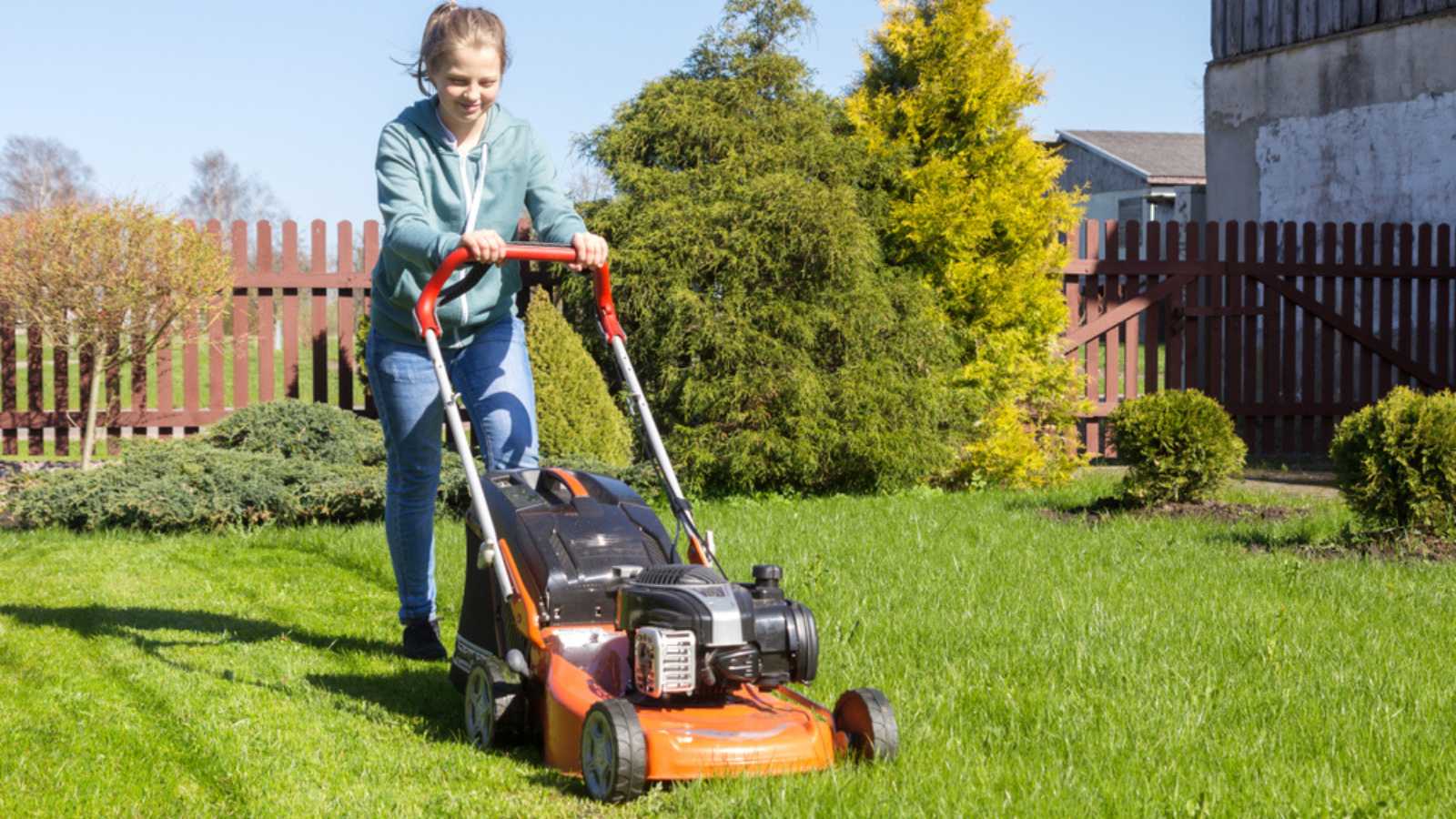Understanding the hidden costs associated with purchasing a home is crucial for prospective buyers. These expenses, often overlooked, can add up significantly beyond the initial purchase price and mortgage payments.
1. Property Taxes

Consider property taxes to be your yearly rent. Local governments assess these based on your home’s value, so a bigger house typically translates to a heftier tax bill. It’s like paying a yearly property rental fee but to the local government instead of a landlord.
2. Homeowners Insurance

This insurance acts as your financial knight in shining armor, protecting you if your castle gets struck by lightning (or suffers a fire, theft, or other covered peril). It’s essential, but it comes with a price tag. The cost depends on your home’s value, location, and how much it would cost to rebuild if disaster struck.
3. HOA Fees

Some neighborhoods are managed by Homeowners Associations (HOAs) responsible for maintaining common areas like parks and pools. They also set rules for things like landscaping and paint colors. If you choose an HOA community, expect to pay monthly fees to cover these costs.
4. Maintenance

Owning a home is like having a living, breathing… thing (well, almost). Things will inevitably break down, wear out, and need fixing. Be prepared to budget for regular maintenance tasks like replacing air filters or cleaning gutters, along with unexpected repairs for a leaky faucet or a failing appliance.
5. Utilities

From keeping the lights on to battling the summer heat, utilities are a constant cost of homeownership. Consider factors like the size of your home, your climate, and the number of people living there to estimate these expenses. Electricity, water, gas, trash collection – they all add up!
6. Closing Costs

Closing costs are all the fees associated with finalizing your home purchase. Consider them the final obstacle to clearing to obtain your keys. They can add up to thousands of dollars and include things like loan origination fees, title insurance, and even a portion of property taxes you’ll owe.
7. Yard Work

Unless you have a team of landscaping gnomes at your disposal (highly unlikely!), maintaining your yard takes time and money. Factor in the cost of lawn care equipment, landscaping services, or the amount of sweat equity you’ll be investing in mowing the lawn, trimming hedges, and keeping those flower beds blooming.
8. Unveiling the Mysteries

Even a brand-new home might have hidden imperfections. Budget for potential repairs or upgrades you discover after moving in, like outdated appliances or minor plumbing issues. It acts as a buffer against any surprises hiding behind newly painted walls.
9. Permit Fees

Depending on your renovation plans, you might encounter permit fees. These are levied by your local government to ensure projects comply with safety and building codes. Replacing a faucet? Probably okay. Building a deck? Permits might be involved.
10. Special Assessments

Some communities have homeowner associations (HOAs) that may levy special assessments for unexpected repairs or upgrades to common areas like pools or playgrounds. These can feel unpredictable, so try to understand the HOA’s history with such assessments.
11. Furniture Shopping Spree

You might inherit the previous owner’s light fixtures, but chances are, your furniture won’t magically adapt to the new space. Budget for furniture and decor, especially if you’re moving from a smaller place to a larger one. Resist the urge to splurge on everything at once!
12. Moving Costs

Moving can be a logistical nightmare (and a potential budget buster). Factor in the cost of renting a truck, hiring movers, or bribing friends with pizza for their help. Remember, you’ll also need packing supplies and potentially temporary storage if there’s a gap between closing on your new home and selling your old one.
13. Security Systems

While homeowners insurance protects against covered events, a security system can give you an extra layer of peace of mind. However, there’s usually a monthly monitoring fee associated with these systems.
14. Pest Control

Depending on your location and the age of your home, you might need to factor in regular pest control services. From pesky ants to unwelcome rodents, these surprise visitors can become a nuisance and potentially damage your property.
15. The Emotional Cost

Owning a home can be incredibly rewarding, but it also requires time and effort. Be prepared to invest some sweat equity in repairs, maintenance, and yard work. If you’re not handy, consider the cost of hiring professionals for some tasks.
50 Super Simple Side Hustle Ideas

50 Super Simple Side Hustle Ideas (& How to Make Them Work)

10 Frugal Lessons I Learned From Being Flat Out Broke
Creative Ways To Make Money

20 Easy Ways to Raise A Credit Score Fast

Read More: 20 Easy Ways to Raise A Credit Score Fast
Frugal Living Tips: The Essential Guide To Start Saving Money

Frugal Living Tips: The Essential Guide To Start Saving Money
